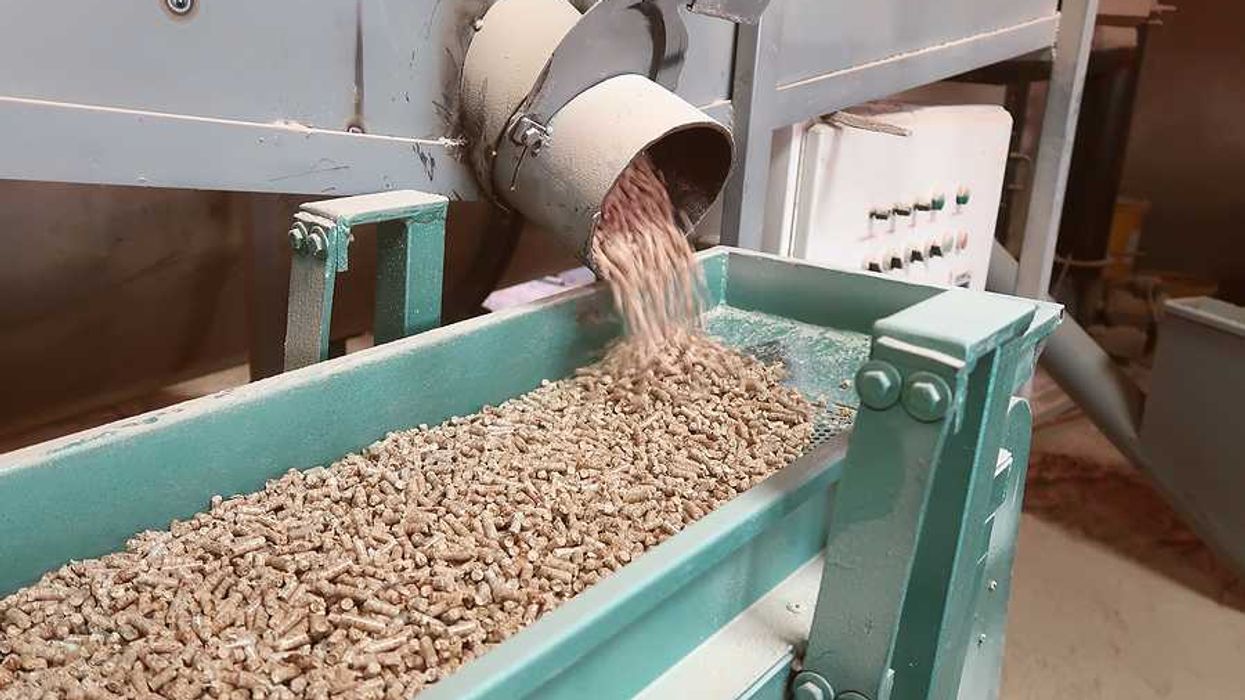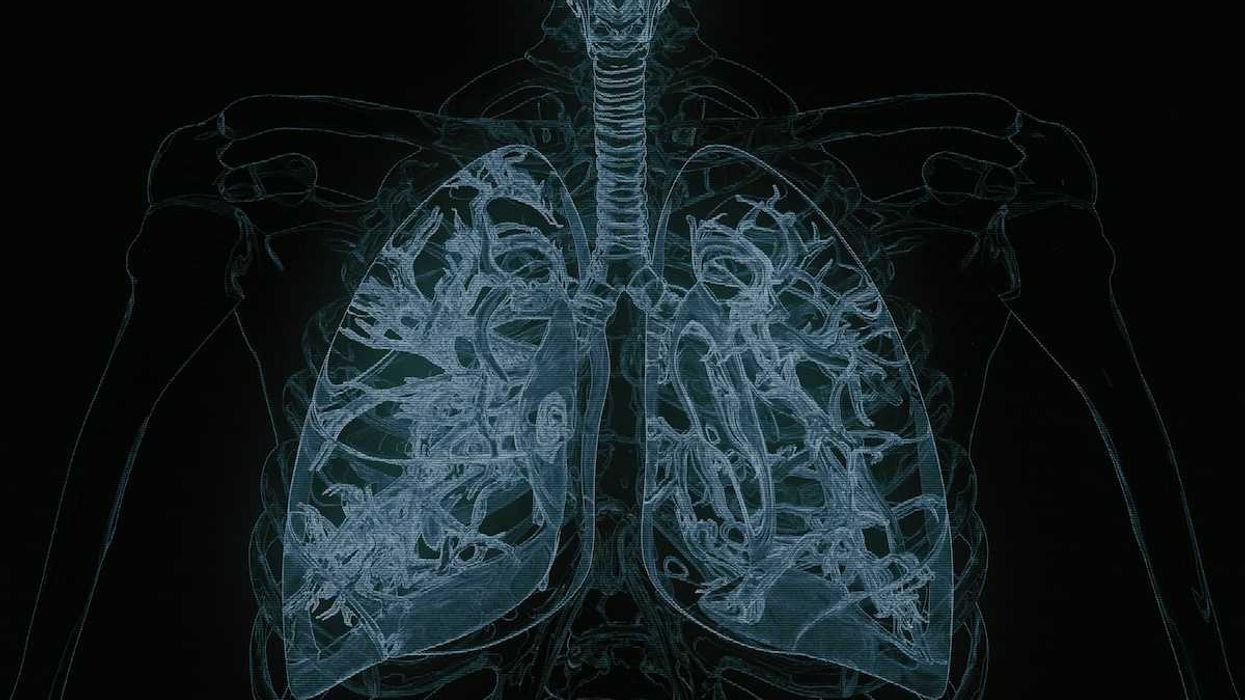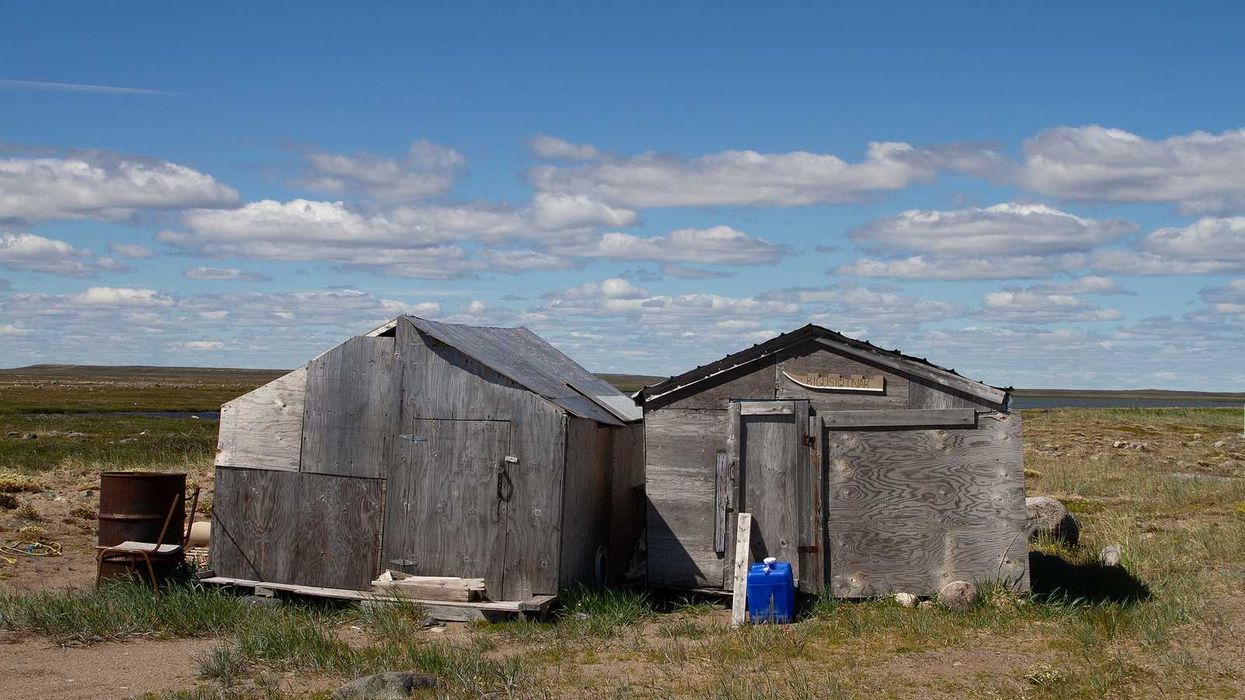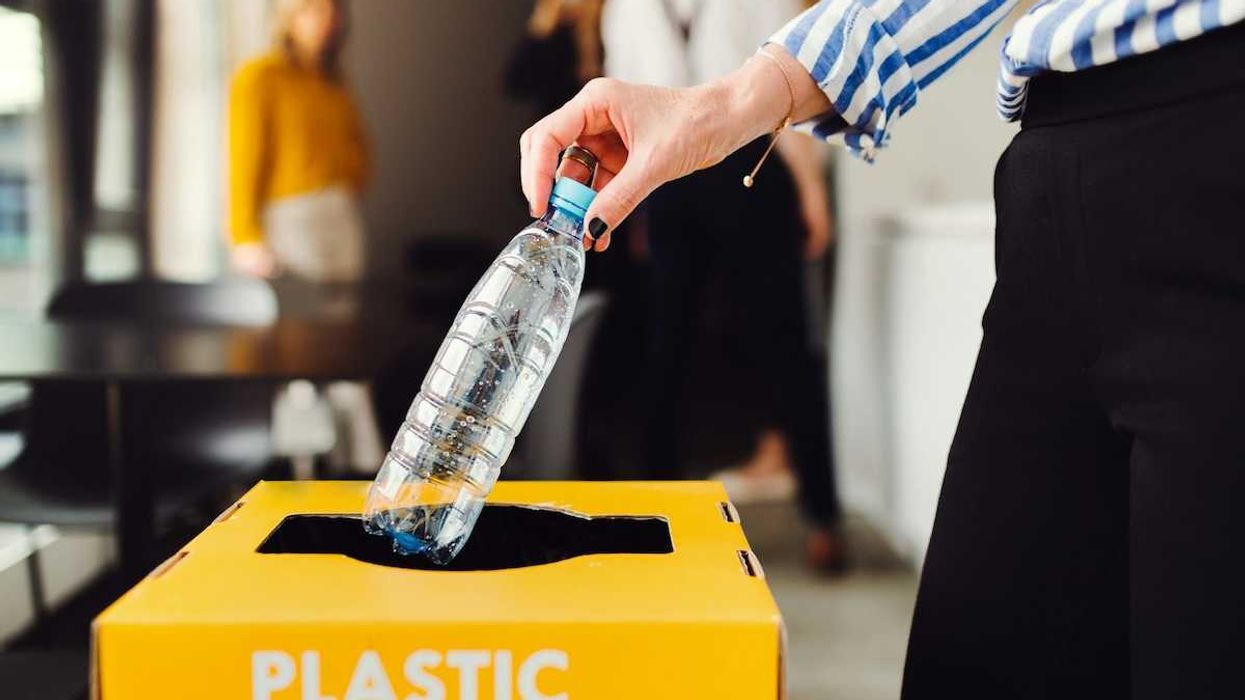Brenda Hampton, a resident of Lawrence County, Alabama, has become a national voice in the fight against PFAS contamination, after years of health issues and environmental advocacy in her community.
Margaret Kates reports for AL.com.
In short:
- Brenda Hampton, who suffered from serious health issues including kidney failure, has linked her illness and those of others in her North Alabama community to PFAS contamination in local drinking water.
- Her story is featured in the new book Poisoning the Well, which documents personal accounts of PFAS exposure from four different regions across the U.S.
- Hampton has been instrumental in raising awareness and pushing for clean water infrastructure, including a reverse osmosis plant opened in 2021 to reduce PFAS levels in Lawrence County.
Key quote:
“I keep saying that the chemicals are going to get the best of me.”
— Brenda Hampton, founder of Concerned Citizens of North Alabama
Why this matters:
PFAS compounds are now found in the blood of nearly all Americans, according to the Centers for Disease Control and Prevention, and studies link them to serious health effects, including certain cancers, thyroid disease, immune system disruption, and reproductive problems. While companies like 3M have pledged to stop PFAS production, legacy contamination remains a public health threat. Local activists like Brenda Hampton are doing what federal and state regulators often fail to do: sound the alarm and demand action.
Related EHN coverage: Workers exposed to PFAS in a variety of industries














